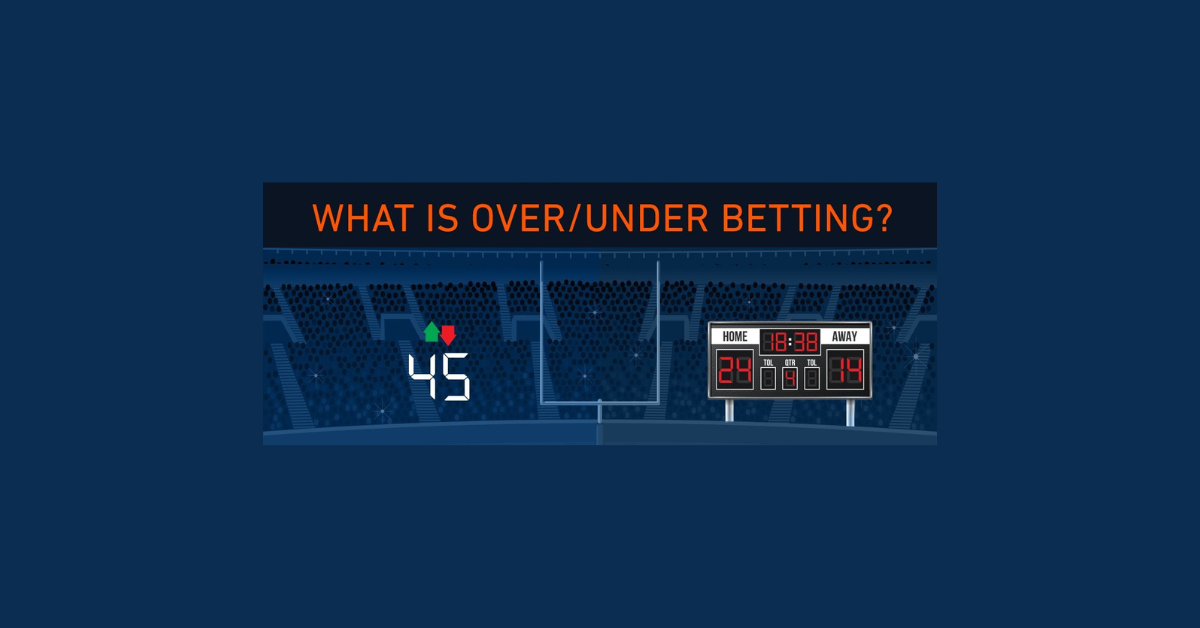Definition of Over and Under Betting
Over betting in the context of sports or any form of wagering refers to placing a bet on an outcome where the final result exceeds a specific benchmark or line set by the bookmaker. This benchmark could be related to the total points, goals, runs scored in a game, or any other statistical measure depending on the sport or event being bet on.
Conversely, under betting involves wagering on an outcome where the final result falls below the predetermined benchmark set by the bookmaker. Similar to over betting, under betting is also based on specific metrics or statistics related to the event being wagered on, and the goal is to predict that the performance will be below the given benchmark.
Key Differences Between Over and Under Betting
Over and under betting are two popular wagering options in the realm of sports betting. The main distinction between them lies in the predicted outcome of a specific event. When placing an over bet, the bettor is essentially wagering that the total combined score of the two teams will be higher than the predetermined total set by the sportsbook. On the other hand, an under bet is placed when the bettor predicts that the total score will be lower than the established mark.
In essence, over betting is rooted in optimism and the expectation of a high-scoring game, while under betting relies on a more cautious approach with a belief in a lower-scoring outcome. Understanding this fundamental variance is crucial for bettors looking to maximize their chances of success when engaging in over and under betting strategies. By comprehending the specific nuances of each type of bet, individuals can make more informed decisions when navigating the complexities of sports wagering.
How to Place an Over Bet
To place an over bet, first, you need to select the game or event you want to wager on. Once you have chosen which match or game to bet on, look for the option to bet on the total score going over a certain number set by the sportsbook.
Next, decide on the amount you want to wager on the over bet and enter that value into the betting slip. Double-check to ensure all the details are correct before confirming your bet. If the final score of the game surpasses the set total by the end of the match, your over bet will be declared a winner, and you will receive the corresponding payout based on the odds offered at the time of placing the bet.
How to Place an Under Bet
To place an under bet, it is crucial to first identify the specific sports event you want to wager on and research the relevant statistics and trends. This involves analyzing factors such as team performance, player injuries, weather conditions, and any other variables that could impact the outcome of the game. Once you have a solid understanding of the situation, you can then make an informed decision on whether an under bet is suitable for that particular event.
Next, you will need to select a reputable sportsbook that offers under betting options for the specific sport or event you are interested in. Ensure that you understand the odds and payout structure for under bets before placing your wager. When you are ready, simply place your bet by entering the amount you wish to wager and confirming the under selection. Remember to monitor the game closely and enjoy the excitement that comes with potentially winning your under bet.
Factors to Consider When Betting Over
When considering placing an over bet, it is crucial to analyze the offensive capabilities of the teams involved. The scoring potential of the teams, their recent performance, and any key players who may influence the outcome are essential factors to take into account. Teams with high-scoring offenses and a history of putting up big numbers should be considered for over bets.
Additionally, it is important to assess the defensive capabilities of the teams when betting on the over. Weak defensive teams that struggle to stop their opponents may result in higher-scoring games, making them favorable for over bets. Conversely, strong defensive teams that can shut down their opponents may indicate a lower-scoring game and may not be ideal for an over bet. Evaluating the balance between the offensive and defensive strengths of the teams can help determine the likelihood of a game going over the set total.















